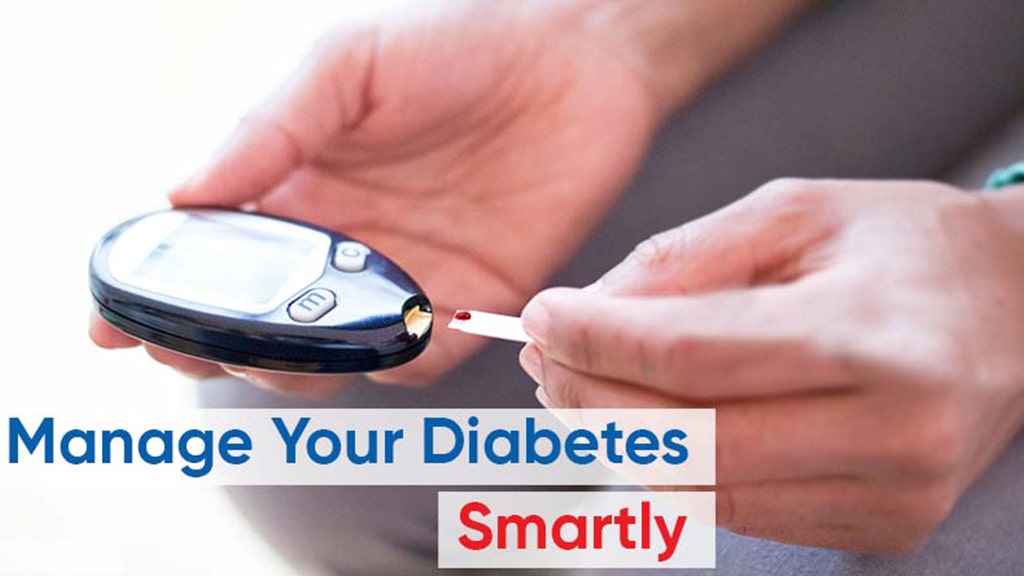
Diabetes is one of the commonly experienced diseases worldwide but it is more commonly seen in third world countries like Pakistan, India, Bangladesh, and others.
There are several diabetes myths that prevail within Pakistan due to which healthcare professionals and patients suffer from improper treatment plans regarding the disease leading to harmful consequences in diabetic patients.
Myths are stories that prevail within certain societies depending on their experience or certain religious beliefs. Some common myths about diabetes in Pakistan include:
The most well-known myth regarding diabetes within our Pakistani society is that people believe that increased consumption of sugar leads to diabetes.
Consumption of sugary foods does not have any direct link to diabetes but it does have an association with lifestyle changes.
Diabetes can only occur in people of old age.
It is a misconception that individuals with older age are only the ones who suffer from diabetes. However, type 2 diabetes is more commonly seen in old age patients instead of children or adults.
Spiritual treatment is more effective in treating diabetes rather than traditional medicines.
This is false and most of the patients who rely on the spiritual treatment end up with harmful consequences.
Performing prayers, pujas, or visiting spiritual therapists cannot help in treating such chronic diseases.
Diabetes is one of the contagious diseases so it can easily spread.
It is mostly assumed in Pakistan that diabetic patients can transmit their disease to others. However, this is not true at all as it cannot be transferred like some flu or cold instead it occurs due to some genetic transfer.
Diabetes is not a type of severe disorder.
This is inaccurate as diabetes can result in serious complications affecting your eyes, kidneys, also resulting in heart disease, stroke, increased blood pressure, and bone and skin problems along with other major concerns.
One can easily cure diabetes with ayurvedic medicines.
The patients who believe in herbal medicines for treating this chronic disease suffer from serious complications after which they report to the doctors and healthcare professionals.
RELATED: https://bioflex.pk/blog/health-tips/homeopathic-medicine-for-diabetes/
Lifestyle changes have no role in the treatment plan of diabetic patients.
Most of the people in our society are unaware of the impact of lifestyle modifications on our health in terms of prevention, control, and treatment for diabetes and most people are not even aware of the normal range of blood sugar levels. It is therefore essential to provide tips regarding lifestyle changes when offering diabetic treatments in Pakistan and worldwide.
Dipping down your feet in warm water aids in lowering your blood sugar levels
This myth is completely inaccurate and is not supported by any scientific evidence.
Diabetes occurs only in sinners who have done wrong-doings in their life.
It is believed by certain cultural societies that Diabetes can be cured through spiritual techniques if you had been a sinner in your past which is surely incorrect.
In Pakistan, diabetes is one of the major health hazards leading to long-term complications and concerns for most patients.
One should avoid incorrect information such as these common diabetes myths debunked above.
Apart from providing the best and economical diabetic treatments in Pakistan, we should consider paying attention to the health status and lifestyle of the patient.
Share
Book Your Appointment
